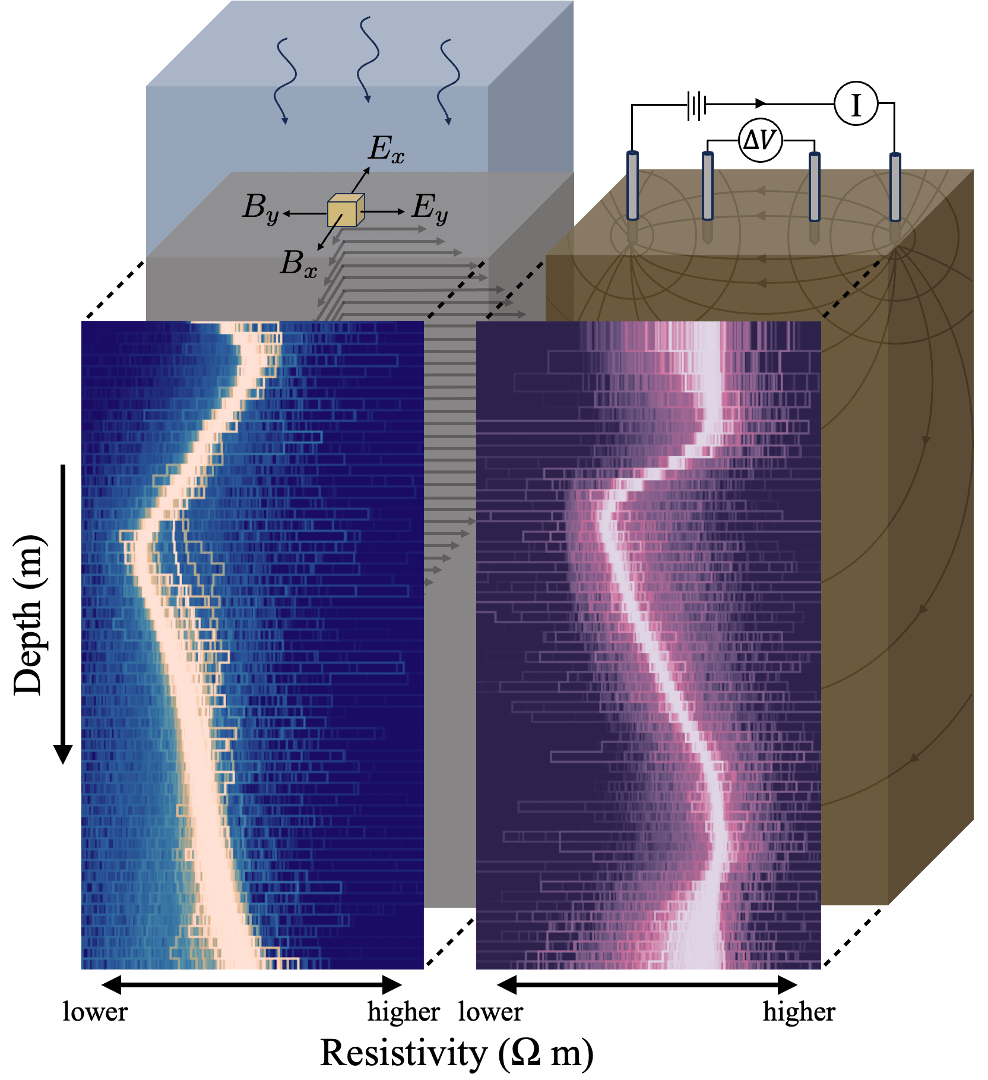14:00 at NERSC Copernicus lecture room.
Talk by Geir Evensen (NORCE).
Abstract
This paper identifies and explains particular differences and properties of adjoint-free iterative ensemble methods initially developed for parameter estimation in petroleum models. Furthermore, we demonstrate the methods’ potential for sequential data assimilation in coupled and multiscale unstable dynamical systems. To examine the data assimilation methods, we introduce a new nonlinear and coupled multiscale model based on two Kuramoto-Sivashinsky equations operating on different scales where a coupling term relaxes the two model variables towards each other. This model provides a convenient testbed for studying data assimilation in highly nonlinear and coupled multiscale systems. Results and discussions will provide an enhanced understanding of the ensemble methods’ potential implementation and use in operational weather and climate-prediction systems. We show that the model coupling leads to cross-covariance between the two models’ variables, allowing for a combined update of both models. The measurements of one model’s variable will also influence the other and contribute to a more consistent estimate. Secondly, the new model allows us to examine the properties of iterative ensemble smoothers and assimilation updates over finite-length assimilation windows. We discuss the impact of varying the assimilation-window lengths relative to the model’s predictability time scale. Furthermore, we show that iterative ensemble smoothers significantly improve the solution’s accuracy compared to the standard ensemble-Kalman-filter update.




